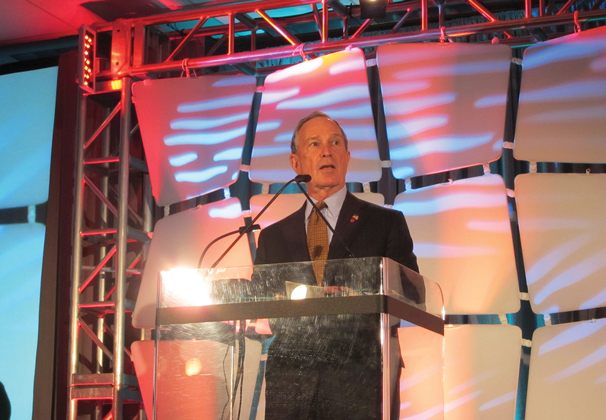
New York City Mayor Michael Bloomberg recently vetoed a jobless-discrimination bill that would prevent employers from discriminating against people with little to no previous work experience.
In addition to outlawing jobless discrimination, the proposed bill would have banned job postings from stating that current employment is a requirement.
The bill would also allow applicants to sue employers for damages if plaintiffs could prove they were turned down due to their unemployed status.
However, speaker of the New York City Council Christine Quinn expects the Council to overturn the veto sometime this month.
“We cannot, and will not, allow New Yorkers who are qualified and ready to work [to] have the door of opportunity slammed in their faces,” Quinn said in a public statement.
“The long-term unemployed face some of the greatest challenges in their job searches.”
New York City’s current unemployment rate is 9.4 percent, which exceeds both the state and national averages of 8.8 percent and 7.8 percent, respectively, according to the U.S. Bureau of Labor Statistics.
However, Bloomberg recently created several job stimulus programs. On Feb. 21, the day before the veto, he announced the creation of the Individualized Correction Achievement Network, a community re-entry program that would help criminal offenders find jobs. In the past month he also created the Made In NY initiative to bring tech-related jobs to the city.
However, this bill did not satisfy the mayor’s requirements. In a letter explaining his decision, Bloomberg explained that although the measure meant well, it was a misguided effort because it would lead to more lawsuits than jobs.
“Hiring decisions frequently involve the exercise of independent, subjective judgment about a prospective employee’s likely future performance,” he said in the letter. “The circumstances surrounding a person’s unemployment status may, in certain situations, be relevant to employers when selecting qualified employees.”
Supporters of the bill, such as CAS sophomore Jessica Cole, said the hiring process is sometimes unfair to those who have previously been laid off because of their company’s economic problems instead of being fired.
“Not all unemployed citizens are in this situation due to being fired,” she said. “Layoffs occur all the time. Shouldn’t these people be protected, especially when they’re actively pursuing further employment?”
A version of this article appeared in the Tuesday, March 5 print edition. Adjoa Hackman is a contributing writer. Email her at [email protected].











































































































































